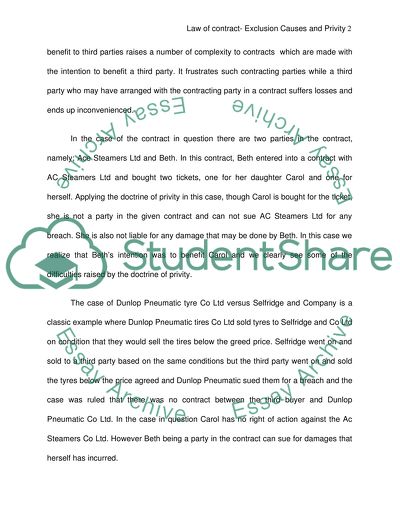Cite this document
(“Law of contract- Exclusion causes and privity Case Study”, n.d.)
Law of contract- Exclusion causes and privity Case Study. Retrieved from https://studentshare.org/law/1505816-law-of-contract-exclusion-causes-and-privity
Law of contract- Exclusion causes and privity Case Study. Retrieved from https://studentshare.org/law/1505816-law-of-contract-exclusion-causes-and-privity
(Law of Contract- Exclusion Causes and Privity Case Study)
Law of Contract- Exclusion Causes and Privity Case Study. https://studentshare.org/law/1505816-law-of-contract-exclusion-causes-and-privity.
Law of Contract- Exclusion Causes and Privity Case Study. https://studentshare.org/law/1505816-law-of-contract-exclusion-causes-and-privity.
“Law of Contract- Exclusion Causes and Privity Case Study”, n.d. https://studentshare.org/law/1505816-law-of-contract-exclusion-causes-and-privity.


